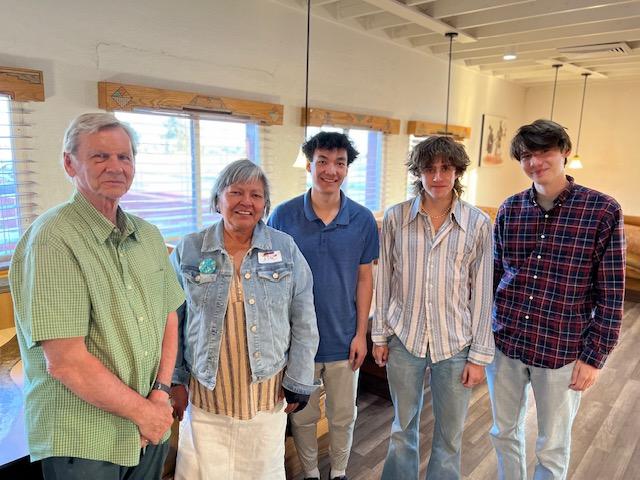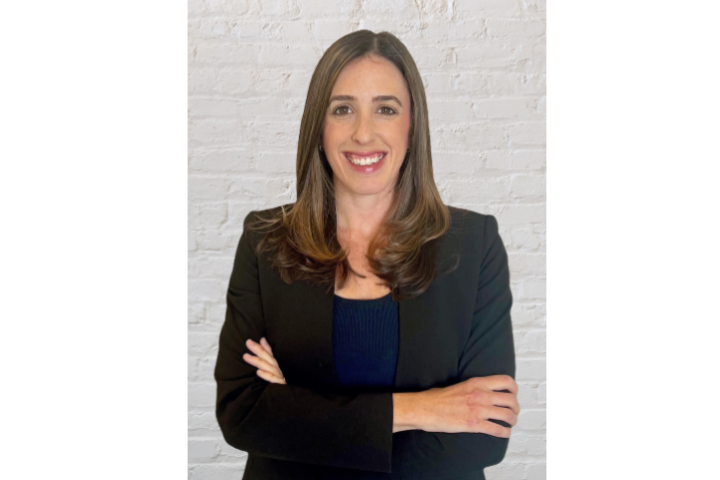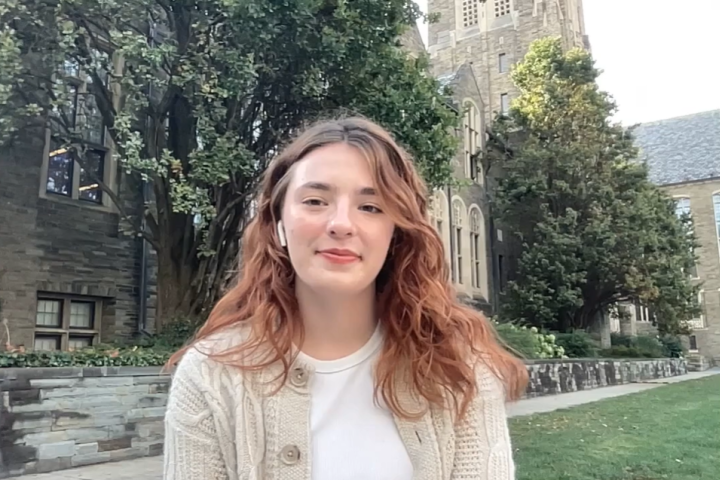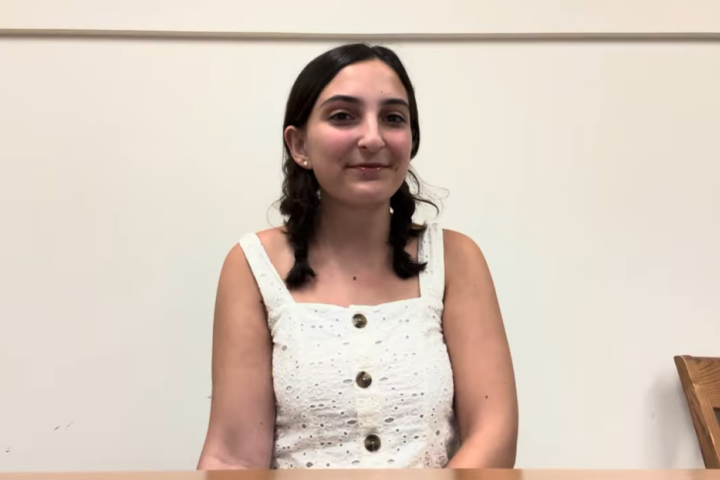Scheinman Students Learn Dispute Resolution in Hopi and Navajo Nations

The Scheinman Institute on Conflict Resolution, in collaboration with the ILR International Programs Office, offers the Hopi & Navajo Engaged Learning Program each spring semester, which includes a field research trip to Arizona during the January winter break. This unique program introduces ILR students to the conflict resolution processes used by the Hopi and Navajo Nations.
It was developed by Richard Fincher, a mediator and arbitrator of labor and employment disputes, a member of the Scheinman Institute adjunct faculty and its Advisory Board.
The class is hosted by the ILR International Programs Office under the leadership of Donna Ramil, the Associate Director of Engaged and Experiential Programs.
Fincher became interested in Native American dispute resolution after attending a workshop led by Native American alternative dispute resolution (ADR) leaders at a conference held by the Association for Conflict Resolution. As he learned more about the subject, he realized that it presented an amazing learning opportunity for ILR students. “I’ve always been fascinated by ADR in different countries and cultures,” Fincher says. “There’s nothing more different than these tribal nations.”
The main objective of the course is to gain a multicultural perspective on dispute resolution by comparing the traditional and modern methods of the Navajo and Hopi Nations in resolving tribal conflicts. Through this lens, students study contemporary approaches to dispute resolution in issues pertaining to water, land use, tourism, and the environment. They also have the opportunity to explore identity and intercultural communication through both discussion and written work.
The Navajo peacemaking tradition is very different from modern, Western mediation, notes Fincher: “In our system, money is everything. In their system, relationships and confronting your problems is the solution.”
He adds that ADR is cultural, there is not one method of mediation. The Navajo system is comparable to restorative justice, which aims to repair the harm done to victims while holding the offender responsible. Punishment is not the only way to impose consequences, and peacemaking may be successful for some minor criminal issues.
Students learn from these nations that some of the older methods may still be more effective than the modern western methods. Peacemaking may also help to relieve the overburdened Navajo tribal attorneys.
The program provides students with an inside look into Navajo peacemaking and Hopi transformative mediation in the context of the history of these two nations. The course features an array of exceptional Native American speakers. “To our knowledge, this is the only standalone academic ADR class on Native American practices in the nation,” says Fincher.
The class has proven to be a powerful learning experience for students. Hanni Wiegand, a neutral in mediation and aspiring labor arbitrator, found that the program forced her to examine some of the misconceptions and prejudices she held about Native Americans. The class taught her that indigenous populations in the United States, like the Hopi and Navajo nations, are political entities with their own sovereignty: “The fundamental shift in viewing them as a political entity and a sovereign nation made me reflect on the severity and multifaceted experience of their people.”



